Electric cars
Find electric cars near you
News & tips when buying an electric car
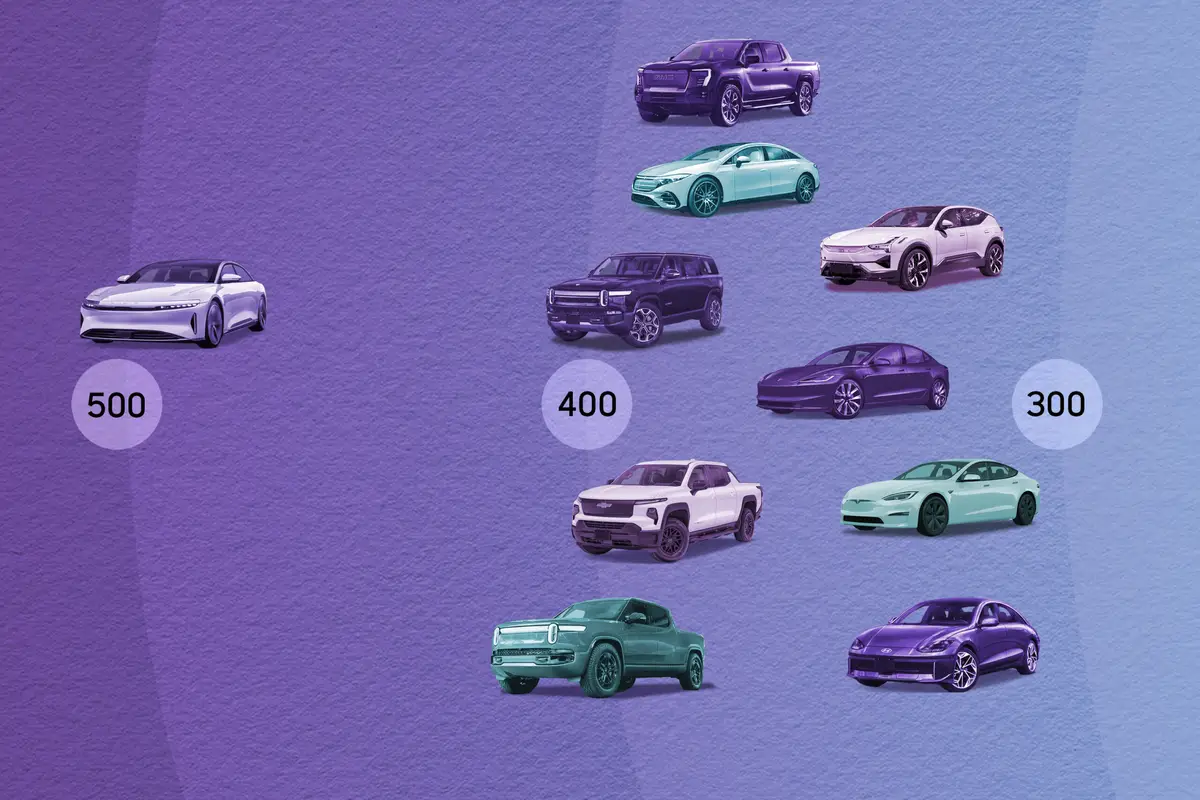
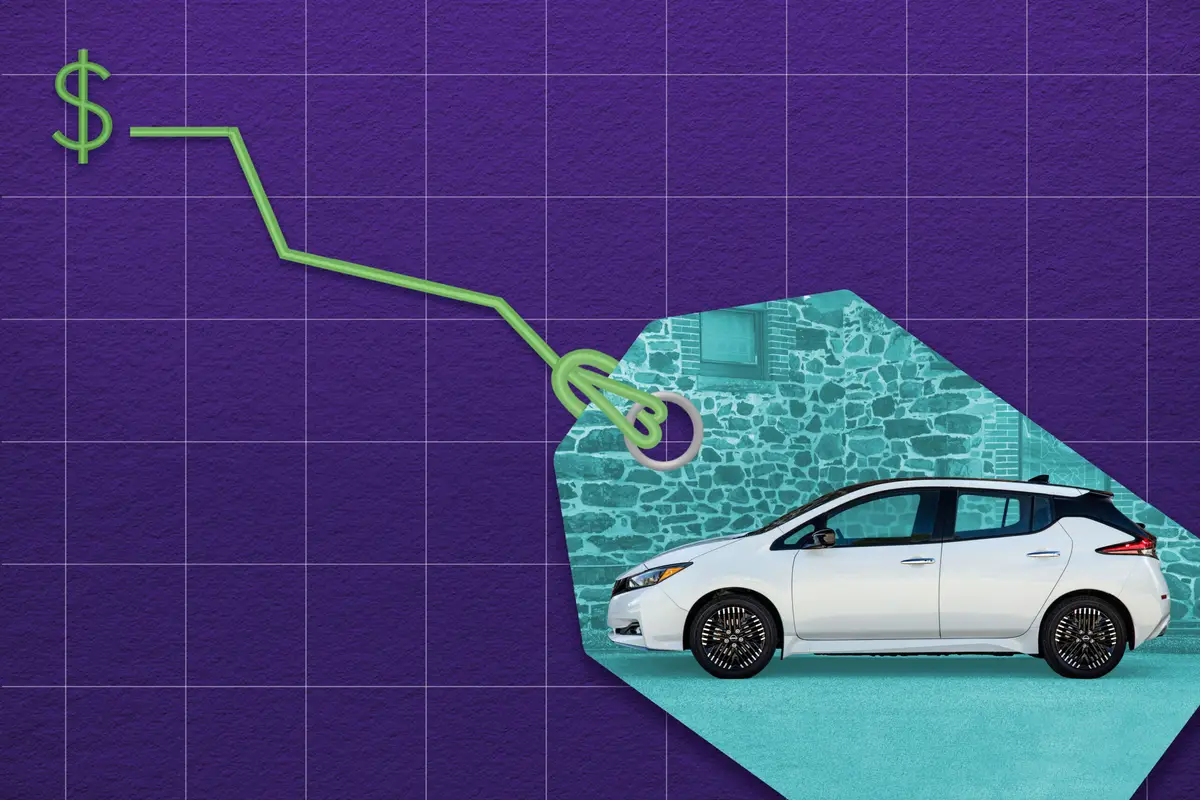

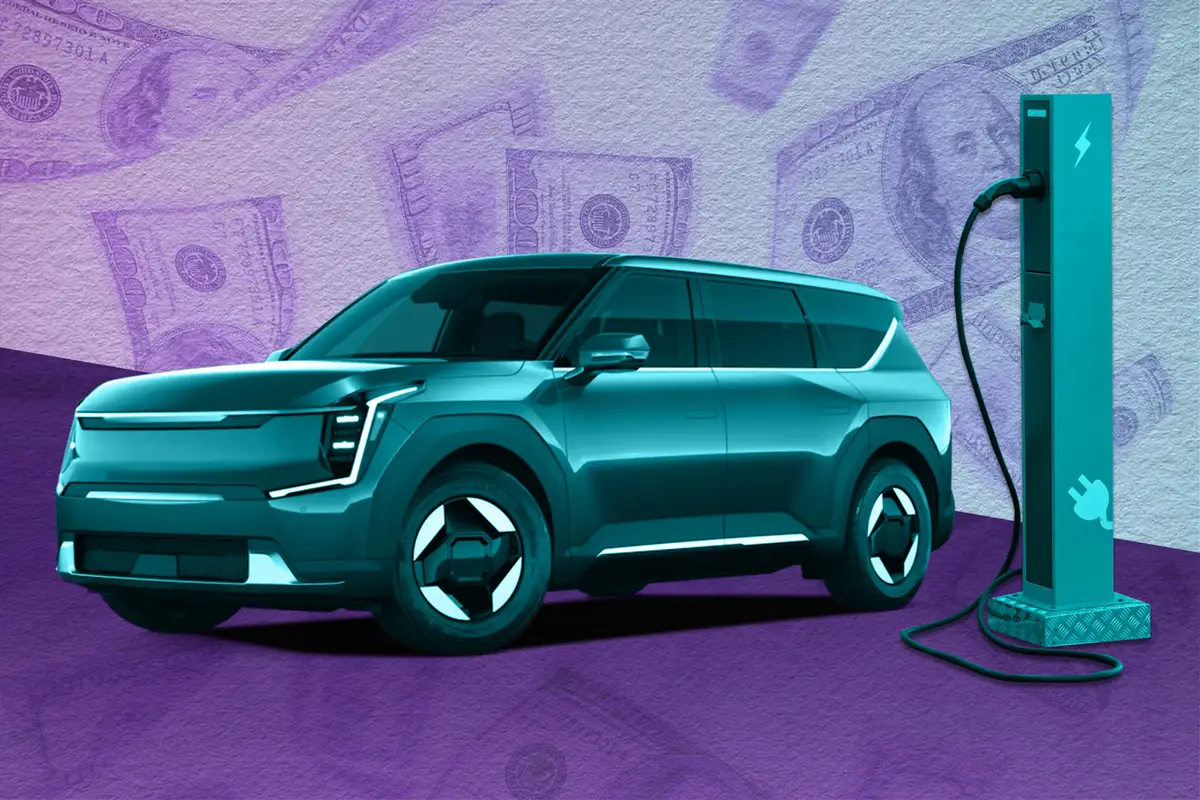
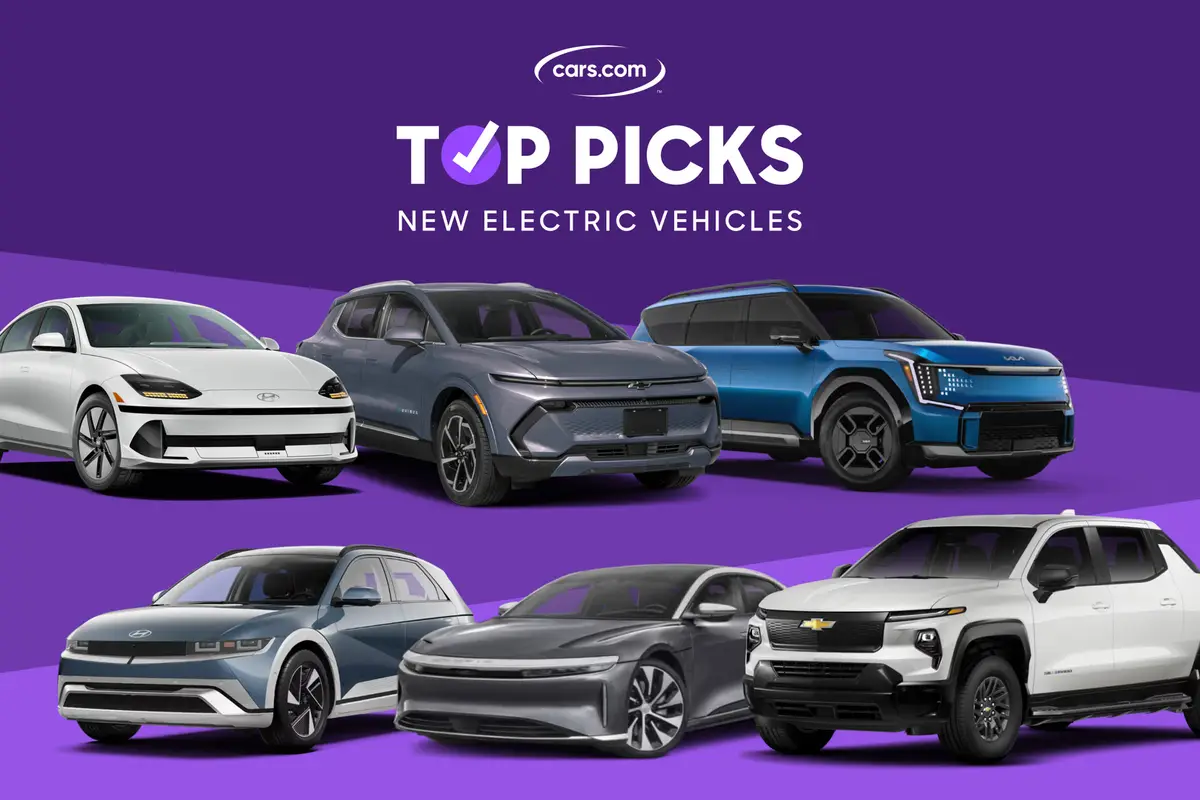
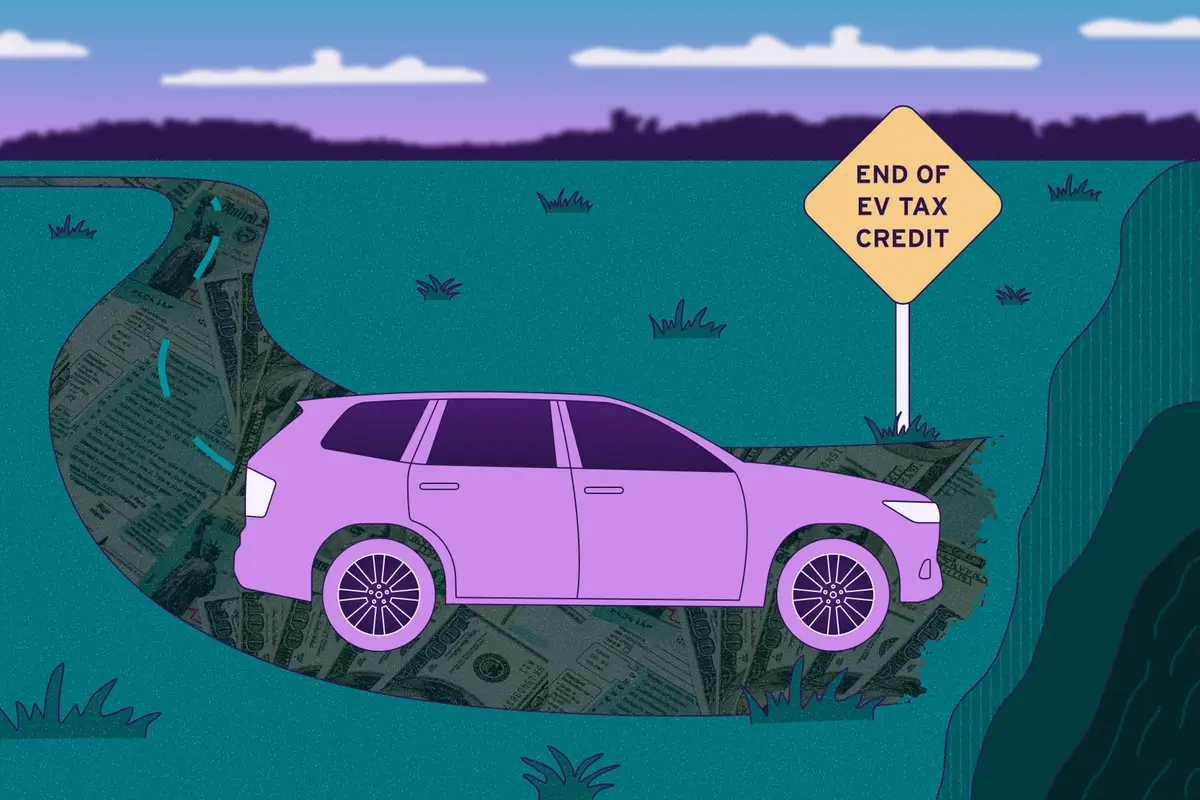
EV 101 Series: Learn about electric cars

5:42
Shopping for an EV? Here’s What You Need to Know
Many EV shoppers aren’t sure where to start when considering an EV. Our experts share the various considerations when shopping for an EV, such as charging at home, thinking through range needs and how EVs drive compared to gasoline-powered vehicles.

3:58
How Much Range Do I Need?
For many EV shoppers, range anxiety is real. Becoming an informed EV shopper can relieve some or all of those concerns. We’ll dive deep into how much range you really need and factors that can impact an EV’s estimated range.

3:34
How to Preserve Your EV’s Battery Capacity and Range
EV shoppers have concerns about electric car batteries, but those concerns likely are focused on the wrong thing. We’ll explain how to best preserve your EV’s battery capacity and range.

4:48
How Long Does It Take to Charge an Electric Car?
The answer can vary from minutes to days, so we’ll arm you with the info you need to better understand the factors that affect how long it takes an EV to charge, including battery size and condition, as well as charging capability of the EV and charging equipment.

3:45
How Much Does It Cost to Charge an EV at Home?
Our experts will walk you through the many factors that determine how much it will cost to charge an EV at home.

4:19
Public EV Charging Stations: How Much They Cost and How to Find Them
We’ll guide you through the variety of ways to locate public charging stations, what to expect when you’re at a station, and how much time and money it could take to charge an EV on the go.
Electric cars FAQ: What they are and how they work
What are electric cars?
Are electric cars more efficient than gas-powered cars?
Can I use public chargers to charge my electric car?
How do cold temperatures affect electric cars?
How long does it take to charge an electric car?
What are the pros and cons of buying a used electric car?
What kind of maintenance is required for an electric car?
Which EVs are eligible for the federal tax credit?
Popular electric car searches
Shop all electric cars
Shop cheap electric cars
Shop electric cars by make
- Ford electric cars for sale
- Cadillac electric cars for sale
- Chevrolet electric cars for sale
- Hyundai electric cars for sale
- Tesla electric cars for sale
- GMC electric cars for sale
- BMW electric cars for sale
- Kia electric cars for sale
- Volkswagen electric cars for sale
- Mercedes-Benz electric cars for sale
- Porsche electric cars for sale
- Audi electric cars for sale
- Polestar electric cars for sale
- Volvo electric cars for sale
- Nissan electric cars for sale
- Honda electric cars for sale
- Dodge electric cars for sale
- Jeep electric cars for sale
- Rivian electric cars for sale
- Toyota electric cars for sale
- Genesis electric cars for sale
- MINI electric cars for sale
- Lexus electric cars for sale
- VinFast electric cars for sale
- Acura electric cars for sale
- FIAT electric cars for sale
- RAM electric cars for sale
- Subaru electric cars for sale
- Lucid electric cars for sale
- Jaguar electric cars for sale
- Fisker electric cars for sale
- Rolls-Royce electric cars for sale
- Karma electric cars for sale
- Maserati electric cars for sale

